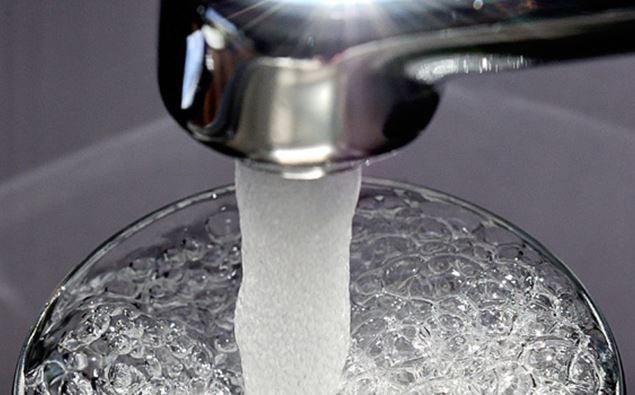Follow
the podcast on


The Government is officially pushing on with its Maori co-governance plan for water.
Grant Robertson and Nanaia Mahuta today announced that they’re making some changes to the plan reform but they’re refusing to ditch their sacred cow of co-governance.
Iwi, under the plan as it stands, will still have 50 percent control in appointing water governance boards.
The longer this goes on, the more the Government refuses to budge on the co-governance aspect, the more it looks like this reform isn’t really about cleaning up your water at all, is it?
It’s actually about entrenching a new way of running things in New Zealand, isn’t it? It’s about entrenching Maori co-governance as a system.
This is how it’s going to work in terms of the water assets: The Government’s going to take all council water assets and then throw them together into one of four big water bodies across the country divided up geographically.
Councils will still own their water assets, that’s one of the changes today, they’re going to be assured that they still have a stake in their own water assets, but they won’t control their water assets.
Control will be split between all the councils with assets in the mix and also iwi.
Half the seats on the so-called Regional Representation Group will go to the councils to divvy up between them and half the seats will go to local iwi.
But what is the point in being assured today that you still own something if you can’t control it?
That’s like owning a house but having no say in who lives in the house, how much rent, if any, is charged, when the house gets sold.
If you want a practical example, this is how it’s going to work in Auckland: Auckland is part of the Northern Water Entity with another three councils. It will put in the vast majority of assets because it’s so big – it will put in 93 percent of that entity’s water assets.
There are 14 seats on the regional group that governs that entity, but Auckland ratepayers will only get four of those seats.
Why? Because there are three other councils and they each need to get one seat so that counts for seven seats and then a whopping seven seats also go to iwi.
Here’s a question for you: are you cool with that? Are you cool with giving half the seats to iwi even though you as an Auckland ratepayer pay for 93 percent of the assets?
It’s nonsensical, hardly anyone’s going to answer yes to that.
The Maori co-governance aspect is becoming the single biggest point of contention with this water reform and you think that a pragmatic government would surely look at that and go “this is becoming contentious, let’s drop that part so it doesn’t threaten our plan to clean up that water”.
That is what a pragmatic government would do, right?
Unless of course, that’s the real reason for the reform now.
Take your Radio, Podcasts and Music with you









